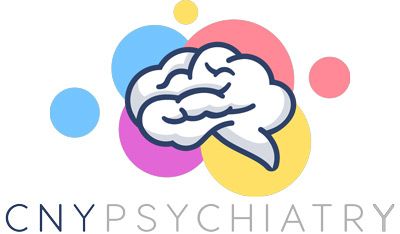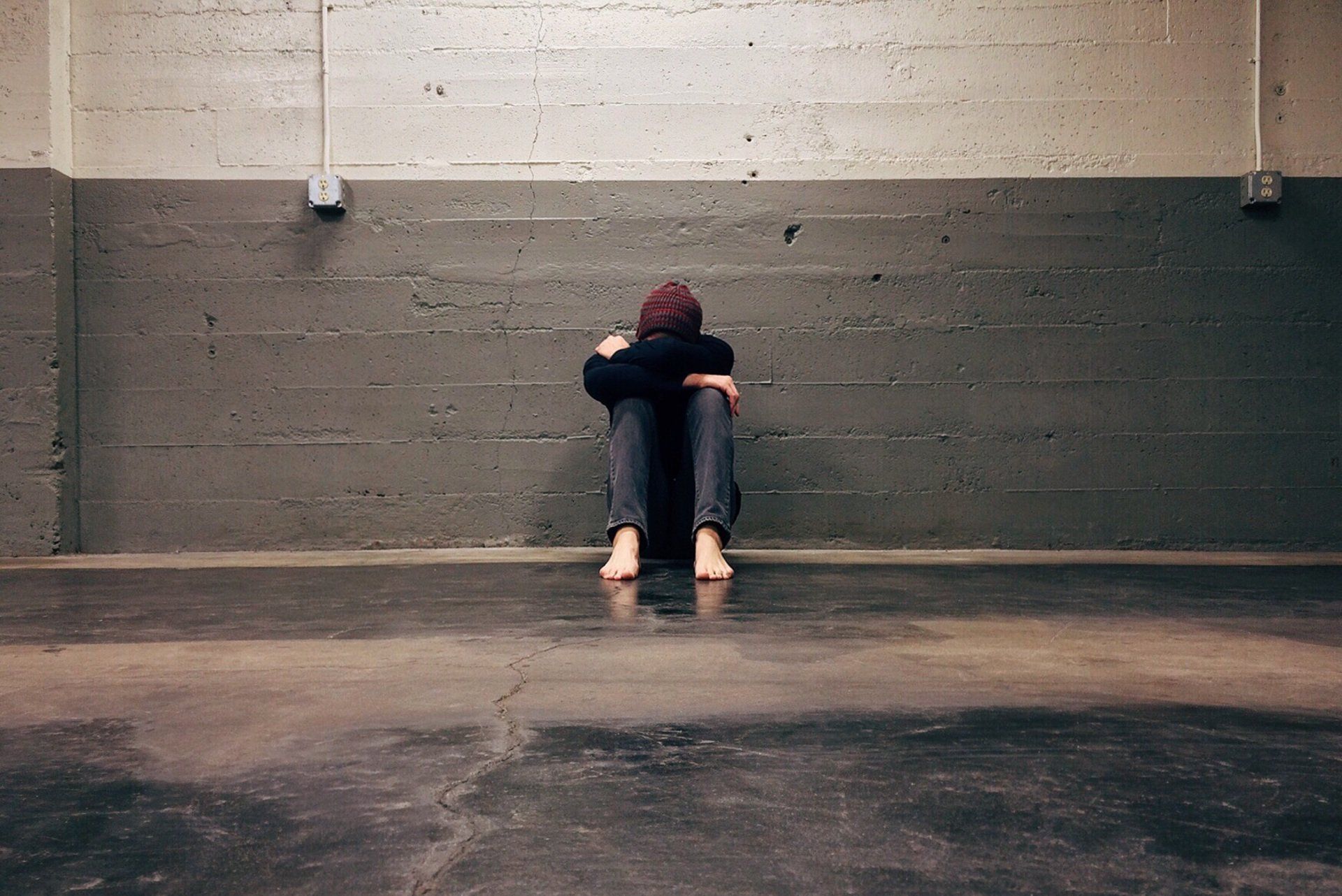Lithium Uses in Mental Health
Jason Stepkovitch, MD • July 16, 2021

Lithium - About as Natural as it Gets

When a psychiatrist mentions lithium to a patient, the general reaction from the patient or family is often one of concern. Things must be getting serious if lithium is being discussed. And that is largely true. Lithium has been used for acute mania for over 70 years, and is also commonly used for the treatment of depression when antidepressants alone aren’t working.
Lithium is mined from the earth, and is an alkali metal used commonly in batteries. When combined with other elements, it can form salts, such as lithium carbonate or lithium citrate, which become the prescribable forms of lithium used in medicine. For those of you that believe that natural is the way to go, lithium is about as natural as it gets!
But there is a catch: lithium can cause significant problems if not monitored properly. Lithium has what is referred to as a narrow therapeutic window, meaning that it is easy for individuals to develop side effects if there is too much lithium in the bloodstream. Symptoms of lithium toxicity include diarrhea, tremor, confusion, and can progress to coma and even death. This is why psychiatrists regularly check lithium blood levels of their patients on lithium for the management of bipolar disorder or depression. People taking lithium at therapeutic doses have an approximately fifteen percent risk of developing thyroid issues. For individuals on long-term lithium treatment, there is also a low risk of damage to the kidneys.
So now that I’ve fully terrified you, I am going to make the case for this very important natural medication, perhaps to even consider taking it as a supplement…
Lithium increases the length of telomeres
Telomeres are the protective end caps on chromosomes. Every time a cell divides, our telomeres shorten. Once the telomeres get to a critical shortened length, the cell is incapable of dividing and ultimately dies. Things like childhood stressors, recurrent depressive episodes, obesity, and smoking can all reduce telomere length. Individuals on lithium for extended periods of time showed more normal telomere length compared to individuals who took lithium for only brief periods of time.
Lithium protects the health of neurons in the brain
Lithium increases a chemical called BDNF, known to stimulate growth of new neurons in the brain, and decreases chemicals BAX and P53, both known to induce cellular death. Lithium is associated with increased cortical volume, direct evidence that lithium may reduce the amount the brain shrinks, or atrophies, as we age.
Multiple studies have shown that lithium treatment, even at low doses, slows the rate of cognitive deterioration in aging, as well as lowering dementia rates.
Lithium may be anti-suicidal as well as anti-violent in some individuals
Multiple studies have found that areas of the world which have higher concentrations of lithium in drinking water also have lower rates of depression, completed suicides, as well as lower rates of interpersonal violence. When used in therapeutic doses, lithium can sometimes help in depressed individuals who struggle with suicidal thinking.
Lithium May Decrease the Incidence of Certain Illnesses
Risks of developing ALS, dementia, seizures, and even heart attacks may be reduced with chronic lithium treatment. For those with bipolar disorder, lithium has been shown to reduce mortality, regardless of cause. Animal studies have shown increased longevity when taking lithium.
Should Lithium Be Used as a Supplement?
There is not a consensus opinion on this. Many physicians are wary of lithium because of the baggage mentioned above, particularly the risks of lithium toxicity and hypothyroidism. But physicians are accustomed to utilizing lithium as a bipolar medication in which the risks of lithium toxicity would be real at standard doses, which can be up to 1800mg per day. Microdosing lithium, perhaps at 10mg a day (this is less than a tenth of the lowest prescribable form of lithium and about one percent of what a standard bipolar dose is), raises interesting possibilities. Given the evidence from groundwater studies, such dosing may provide some antisuicidal benefits to individuals suffering from depression. An interesting Brazilian study from 2013 found that even lower doses of lithium, literally 0.3mg/day, may afford protection from dementia in older individuals.
I think there is a strong case to be made that lithium is an underutilized treatment, both for the management of bipolar disorder and depression as a prescribed substance, as well as a supplementary treatment at microdoses. Lithium supplements can be purchased over the counter, generally in the form of lithium orotate, with tablets as low as 5mg. If you are considering lithium supplementation, I would strongly recommend discussing this with your physician before taking over-the-counter lithium orotate. The other alternative would be to move to an area with a higher concentration of lithium in its groundwater!
Jason Stepkovitch, MD




